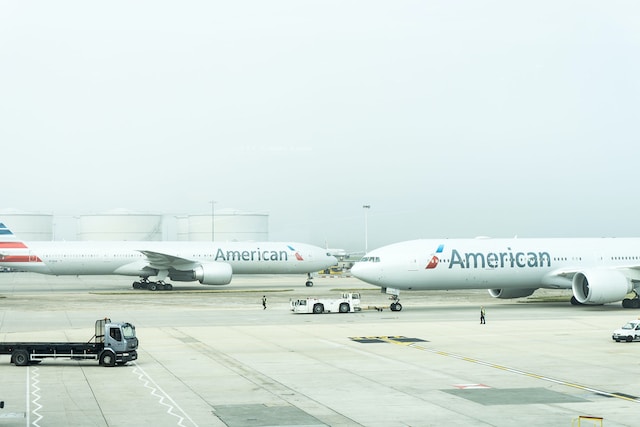United Airlines, one of the world’s leading airlines, is currently grappling with a unique challenge: pilots avoiding the captain’s chair. This concerning trend has raised questions about its potential impact on flight operations and passenger experience. In this article, we delve into the reasons behind this behavior, the consequences it may have, and the steps being taken by United Airlines to address the situation.
Understanding the Phenomenon
- Pilot Fatigue and Burnout: Piloting an aircraft is a demanding profession that requires intense focus and responsibility. Fatigue and burnout can significantly affect a pilot’s mental and physical well-being, potentially leading them to seek alternative ways to mitigate stress.
- Quality of Life: The demanding nature of the pilot’s job often means spending long hours away from home, missing important family events, and enduring irregular sleep patterns. Some pilots may opt to avoid the captain’s chair to improve their quality of life and maintain a better work-life balance.
- Workload Distribution: With the increase in flight frequencies and growing demands on pilots, some crew members may prefer to occupy the first officer’s seat, allowing them to share responsibilities and evenly distribute the workload with their colleagues.
- Career Development: Pilots aiming for career advancement may intentionally avoid the captain’s chair as they gain experience in different aircraft or work towards specific qualifications necessary for promotion.
Consequences for United Airlines
- Crew Scheduling Challenges: Pilots avoiding the captain’s chair can create difficulties in crew scheduling and resource allocation. Ensuring that an adequate number of experienced captains are available to operate flights becomes a complex task, potentially leading to operational disruptions or flight delays.
- Safety and Training Concerns: The captain plays a critical role in ensuring the safety and smooth functioning of a flight. If less experienced pilots frequently occupy the captain’s seat, it may compromise the airline’s commitment to maintaining high safety standards. Ensuring that pilots receive adequate training and experience as captains becomes crucial to address this concern.
United Airlines’ Response
- Enhanced Pilot Incentives: United Airlines recognizes the challenges faced by its pilots and is actively working on improving incentives to enhance job satisfaction. By offering competitive compensation, improved work-life balance, and career development opportunities, the airline aims to address the underlying factors contributing to pilots avoiding the captain’s chair.
- Training and Mentorship Programs: The airline is investing in comprehensive training and mentorship programs to support pilots in their career progression. By providing opportunities for skill development and ensuring a clear path to advancement, United Airlines aims to encourage pilots to assume captain roles and take on increased responsibilities willingly.
- Collaboration with Pilot Unions: United Airlines acknowledges the importance of collaboration with pilot unions to address the challenges related to pilot well-being and career development. By working together, the airline and the unions can develop solutions that address the concerns of pilots while maintaining the operational efficiency and safety standards of the airline.
Conclusion
The issue of pilots avoiding the captain’s chair presents United Airlines with significant challenges. By understanding the underlying factors contributing to this trend and taking proactive measures to address them, the airline is committed to maintaining its high operational standards and ensuring a safe and enjoyable flying experience for its passengers. With enhanced incentives, training programs, and collaboration with pilot unions, United Airlines strives to create an environment where pilots willingly assume captain roles, leading to a stronger, more resilient airline industry as a whole.












